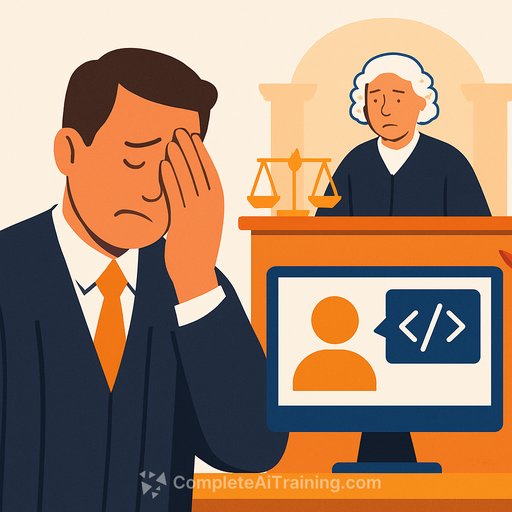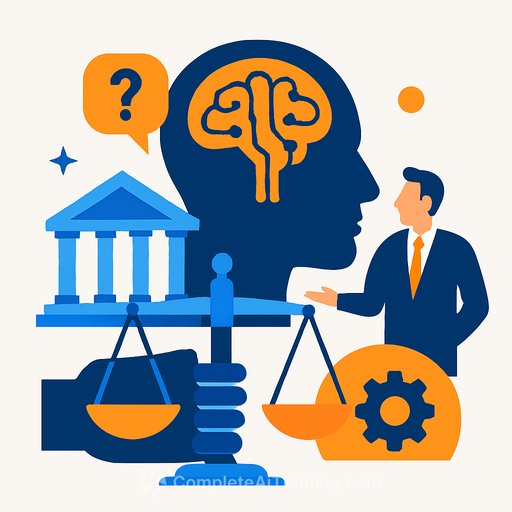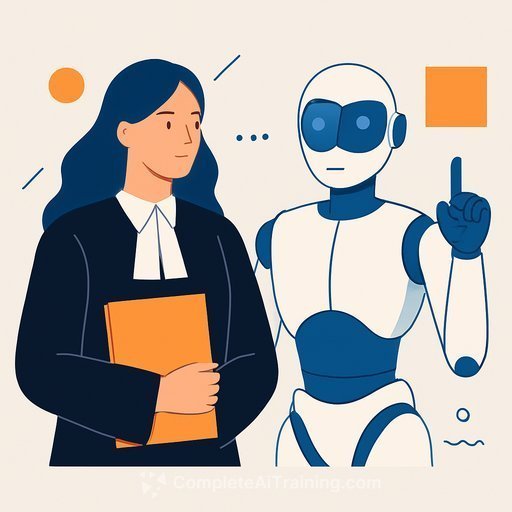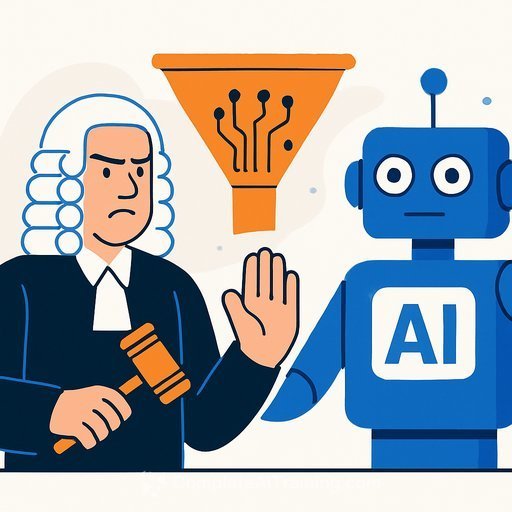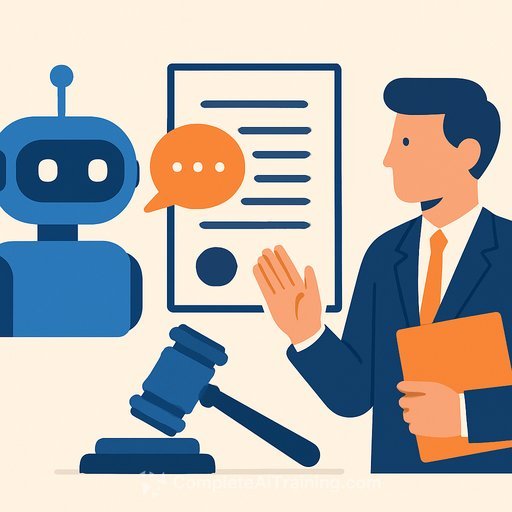Australian Lawyer Apologizes for AI-Generated Errors in Murder Case
A senior Australian lawyer recently admitted to submitting court documents containing fabricated quotes and fake case citations generated by artificial intelligence (AI) in a murder trial. This incident, which took place in Victoria’s Supreme Court, highlights the risks of relying on AI tools without thorough verification in legal practice.
What Happened?
Defense lawyer Rishi Nathwani, a King’s Counsel, took full responsibility for the errors in submissions related to a teenager charged with murder. The false information included quotes attributed to a legislative speech and citations from supposed Supreme Court judgments that do not exist.
These mistakes were uncovered when the judge’s associates could not locate the cited cases and asked the defense team to provide copies. The lawyers acknowledged that some citations were fictitious and revealed they had assumed the AI-generated references were accurate without proper fact-checking.
Impact on the Case and Court Response
The judge, Justice James Elliott, expressed disappointment in the handling of the submissions, emphasizing that the court relies heavily on the accuracy of materials presented by legal counsel. Due to the errors, the hearing was delayed by 24 hours. Eventually, the judge ruled the defendant not guilty of murder on grounds of mental impairment.
Justice Elliott reminded legal professionals of the Supreme Court’s AI usage guidelines issued last year, stating: “It is not acceptable for artificial intelligence to be used unless the product of that use is independently and thoroughly verified.”
Broader Implications for Legal Practice
- This incident is part of a growing number of cases worldwide where AI-generated content has caused issues in legal proceedings.
- In the U.S., similar problems have led to fines and sanctions when AI tools produced fabricated legal research.
- Legal professionals must remain vigilant and verify AI-generated information before submitting it to courts.
One example involved a 2023 federal case in the United States where lawyers were fined $5,000 for submitting false legal citations created by ChatGPT. Another case saw fictitious rulings cited in documents related to Michael Cohen, former attorney to Donald Trump, with Cohen accepting responsibility for relying on flawed AI research tools.
Practical Takeaways for Legal Professionals
- AI can assist with research and drafting but should never replace thorough fact-checking.
- Verify all case law and quotations independently before including them in legal submissions.
- Stay updated on your jurisdiction’s guidelines regarding AI use in legal work.
- Consider training or resources focused on responsible AI use in law to avoid similar pitfalls.
For legal professionals looking to better understand AI tools and their proper application, exploring specialized AI courses can be beneficial. Resources such as Complete AI Training’s courses for legal jobs offer practical guidance on integrating AI responsibly into legal workflows.
Your membership also unlocks:

